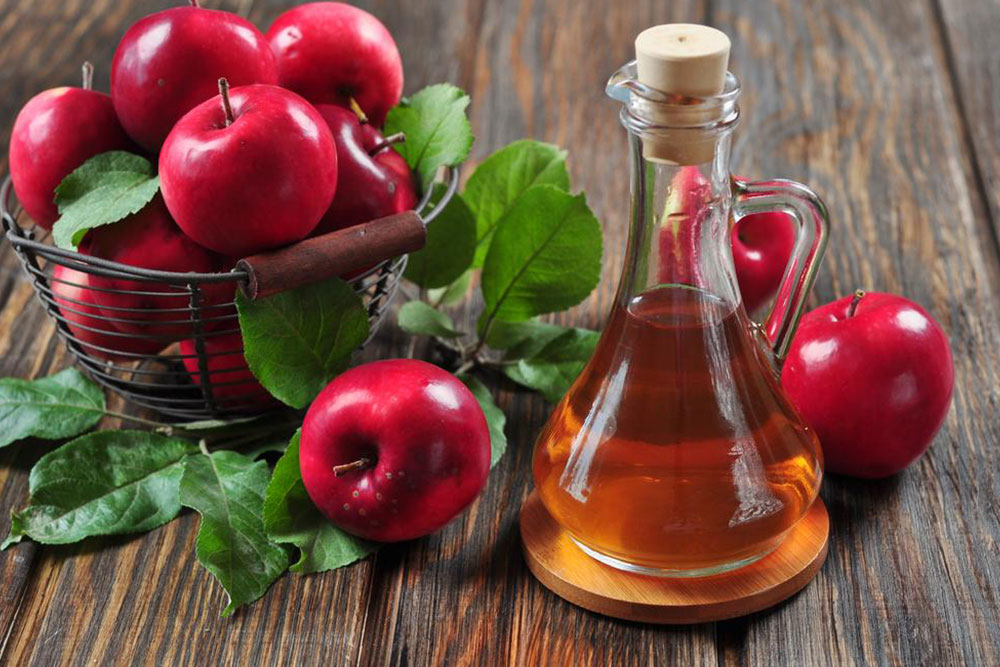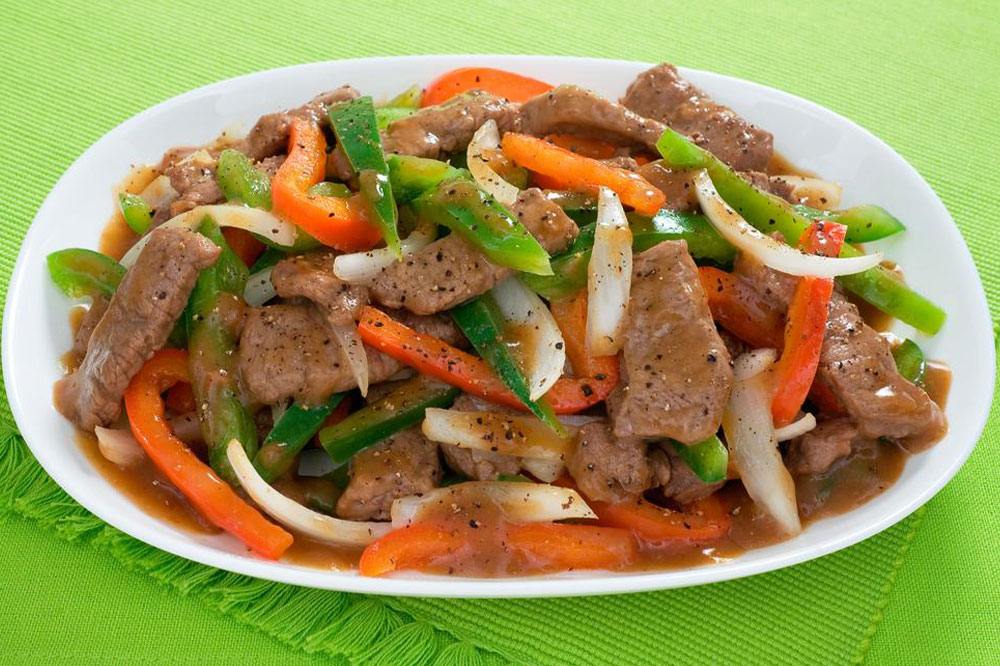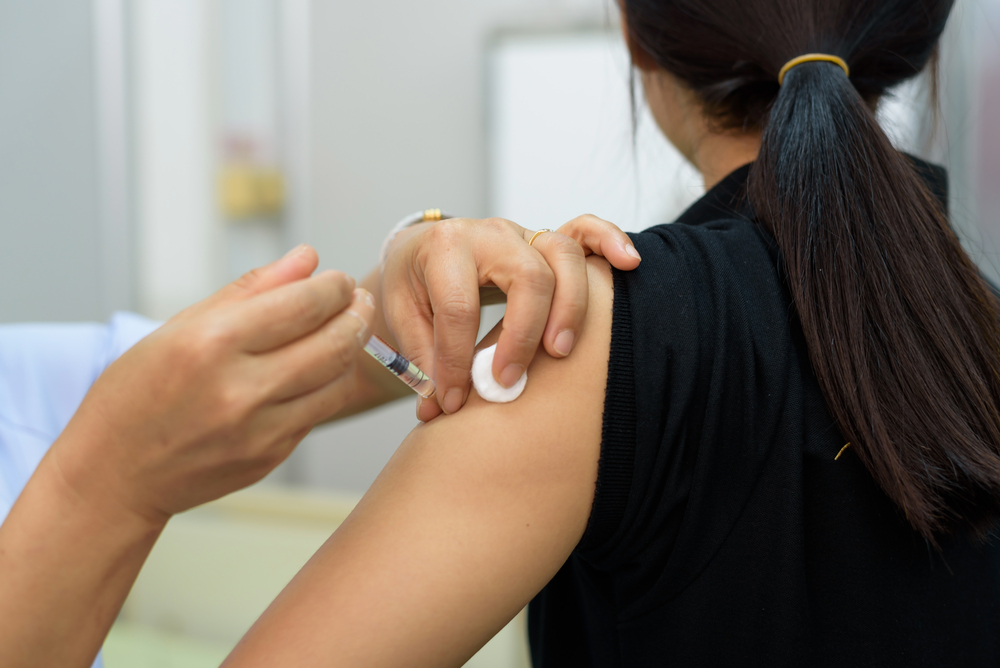Nutritional Strategies to Support Cervical Cancer Management
Discover dietary strategies to support cervical health and reduce cancer risk through an anti-inflammatory, nutrient-rich plant-based diet. Incorporate fruits, vegetables, and whole grains to strengthen your immune system, complement your lifestyle, and enhance cervical wellness. This guide offers practical meal suggestions and essential nutrients important for prevention and management of cervical cancer.

Dietary Tips to Support Cervical Cancer Symptoms
According to the American Cancer Society, over 13,240 women are diagnosed with cervical cancer annually, with approximately 4,170 succumbing to the disease.
Consuming a diverse array of fruits and vegetables can provide protective benefits against cervical cancer. Since Human Papillomavirus (HPV) is a primary cause, a diet rich in folate, flavonoids, carotenoids, and antioxidants can help combat HPV infection and prevent the development of cancerous cells.
Research indicates that plant-based diets, emphasizing vegetables, fruits, whole grains, and beans, are effective in reducing cervical cancer risk. Incorporating these foods into your regular meals is highly beneficial.
You can follow these meal suggestions for optimal health:
Breakfast: Granola, yogurt, cantaloupe, and orange juice.
Lunch: Zucchini, mushrooms, carrots, and red peppers on a vegetable cheese toast sandwich.
Dinner: Romaine salad with diced tomatoes, grilled chicken, black beans, spinach, whole wheat pasta, and grapefruit.
Fruits and vegetables rich in flavonoids, such as lettuce, garlic, spinach, soy, onions, lima beans, cranberries, cabbage, Brussels sprouts, broccoli, black beans, asparagus, and apples, are recommended additions.
Folate, a water-soluble B vitamin found in strawberries, romaine lettuce, orange juice, lentils, cereals, chickpeas, and avocados, also plays a key role. Carotenoids, which provide Vitamin A, are present in winter squash, pumpkin, sweet potatoes, carrots, and beans, and are especially beneficial.
Remember, diet alone isn't enough. A healthy lifestyle—including HPV vaccination, regular Pap smears, avoiding smoking, and maintaining monogamy—significantly decreases cervical cancer risk. Emphasizing a nutrient-rich diet with plenty of fruits and vegetables offers additional protection.
Foods like carrots (rich in beta carotene and vitamin A), avocados (good fats and folate), apples (flavonoids), pumpkins (carotenoids), citrus fruits (vitamin C), cooked tomato products (lycopene and vitamin C), and leafy greens (high in folate, such as kale and collards) are especially recommended for cervical health and cancer prevention.









